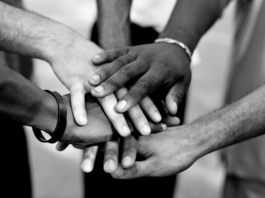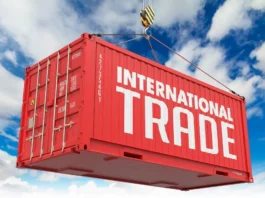It’s good and true that your personal success is dependent upon how well you play the cards that life deals you. It’s also good and true that you play those cards more effectively when you stay positive and motivated.
As such, an essential life task is to find ways to get and keep yourself positive and motivated. Do this and you’re more likely to be successful. Fail at this and you greatly reduce your likelihood of success.
However, “self-help” becomes toxic when it’s used to blame other people for not being successful when circumstances have dealt them a weak hand, when luck runs against them, and even when they’ve not played their hand well.
That’s why I cringe when I hear phrases like “they should pull themselves up by their own bootstraps.” People born into poor families in lousy neighborhoods are playing their lousy cards well if they manage to survive. It’s unrealistic to expect financial success.
Yes, there are people who’ve climbed up from harrowing backgrounds, but those are exceptions. That Ben Carson became a surgeon, for instance, doesn’t mean that all African-Americans should be blamed for not being able to do the same.
I also cringe whenever I hear successful entrepreneurs claim that they’re a “self-made man” or “self-made woman” while ignoring the public infrastructure that made their business possible and the employees who do the work.
Another thing that bothers me about “self-help” is that it’s all too often used to fleece people who don’t know any better. For-profit colleges that train poor people for jobs that don’t exist–while burying them in debt–are a prime example of this.
“Self-help” is also toxic when top management forces it down people’s throats, like when companies that demand that their employees smile while they work… without giving them any reason to do so.
So while the motivation and positivity of the “self-help” movement are essential to personal success, “self-help” is completely toxic when it’s positioned as panacea for public policy.
Nowhere is this toxicity more evident than in the healthcare legislation that’s currently being considered in Congress, which seems to be based upon the notion it’s your own fault if you become sick or are born (and remain) poor. For example:
“My understanding is that it will allow insurance companies to require people who have higher health care costs to contribute more to the insurance pool that helps offset all these costs, thereby reducing the cost to those people who lead good lives, they’re healthy, they’ve done the things to keep their bodies healthy.” Rep. Mo Brooks, (R-Alabama).
Just so you know, Brooks’s mother taught economics while his father was an electrical engineer. While that’s not exactly being born with the proverbial silver spoon, Brooks has a privileged background compared to most of the country.
There’s something ugly about somebody who was “born on third base and thinks he hit a home run” stating that illness is the result of not living a “good life.” It’s using “self-help” to bludgeon rather than inspire people.
By all means, let’s encourage people to do the best with what they’ve got. But let’s not blame them if they experience bad luck or are finding it difficult to overcome a background of poverty.












